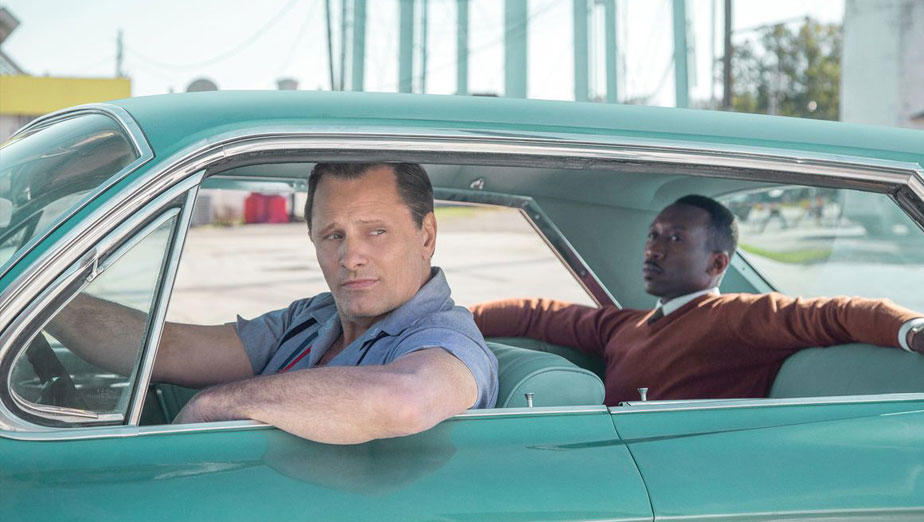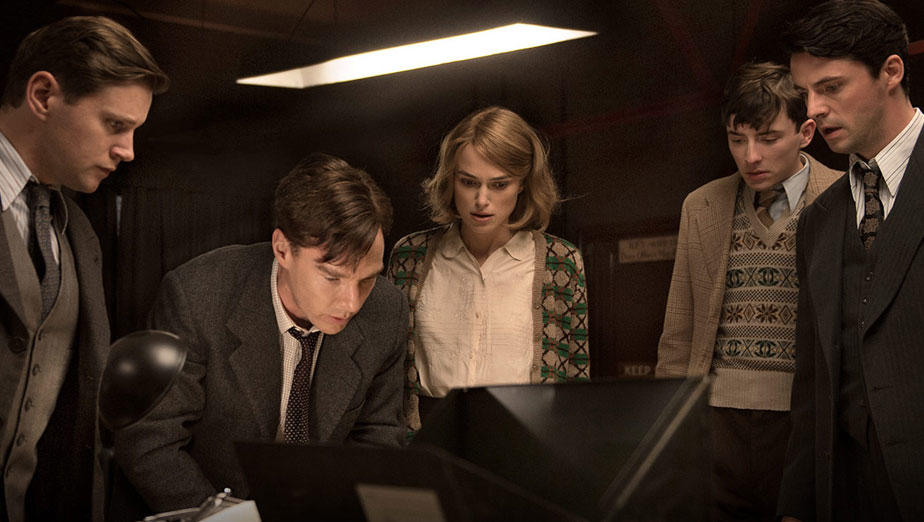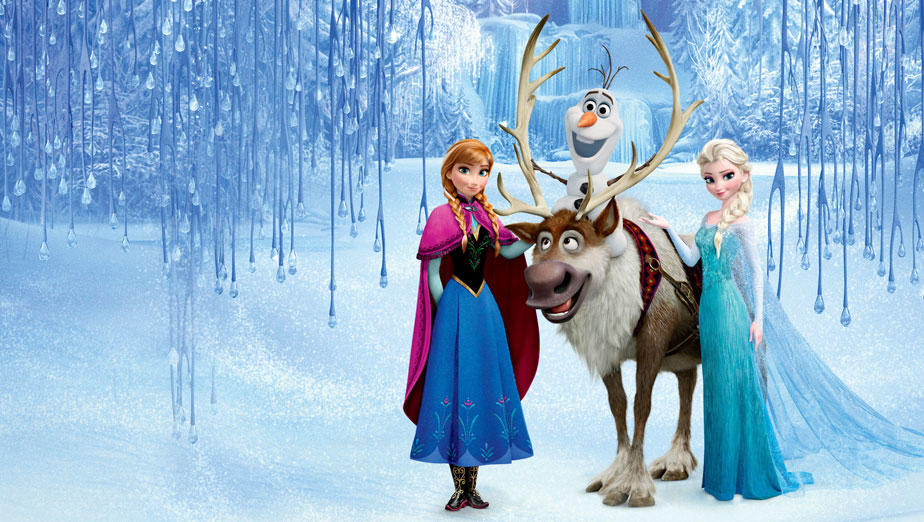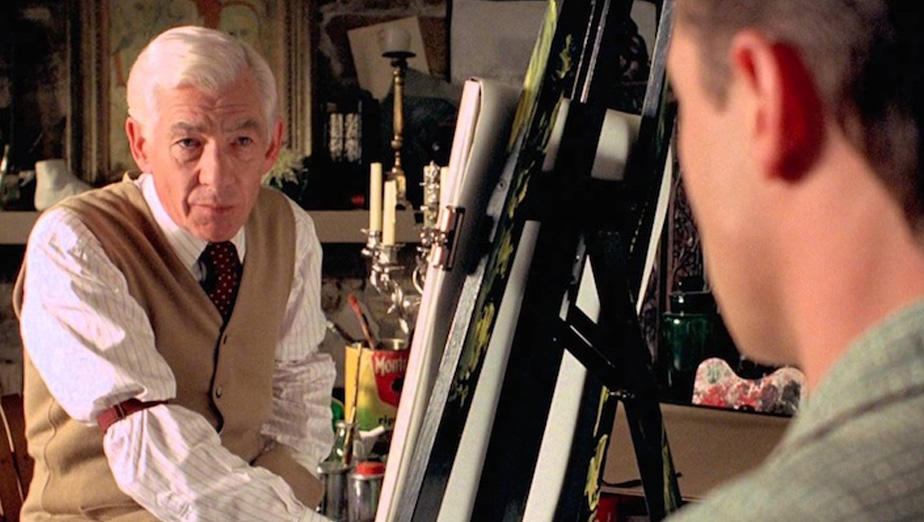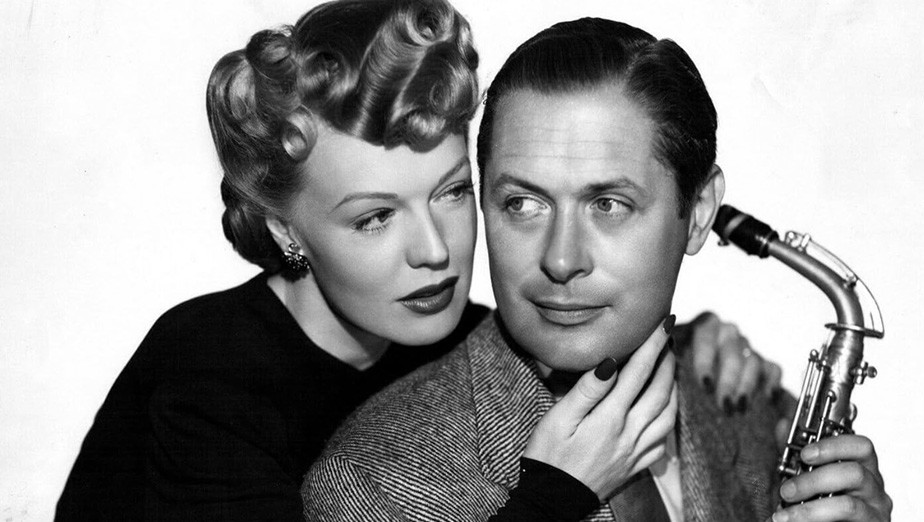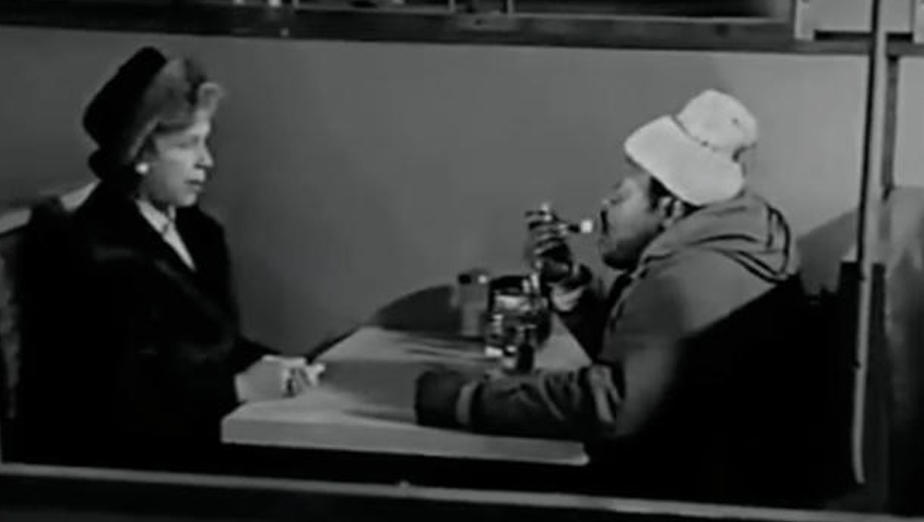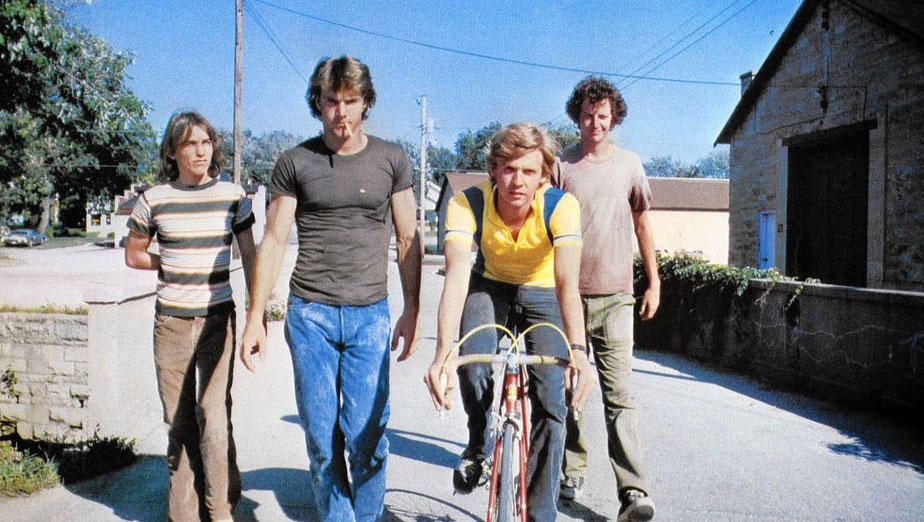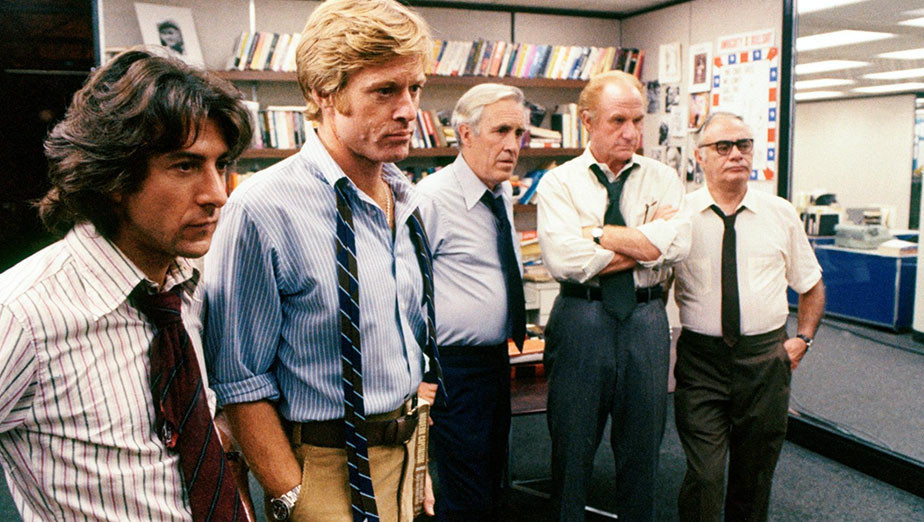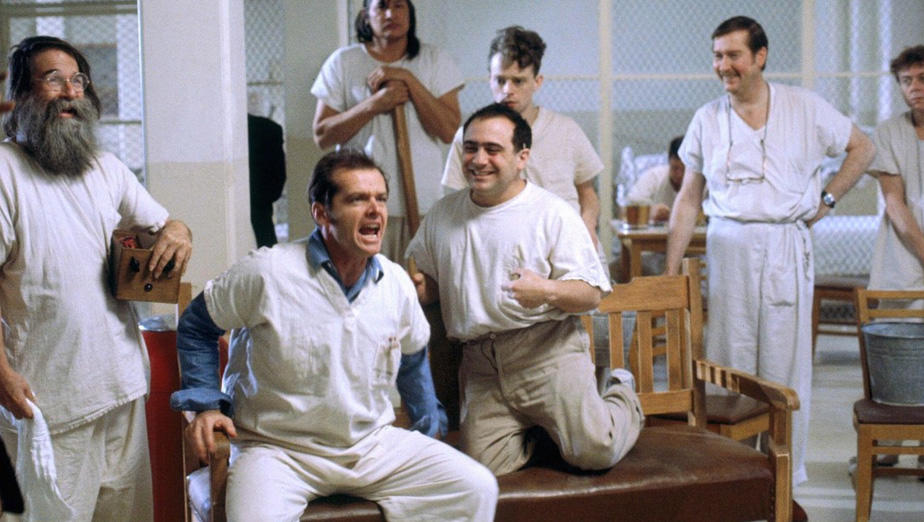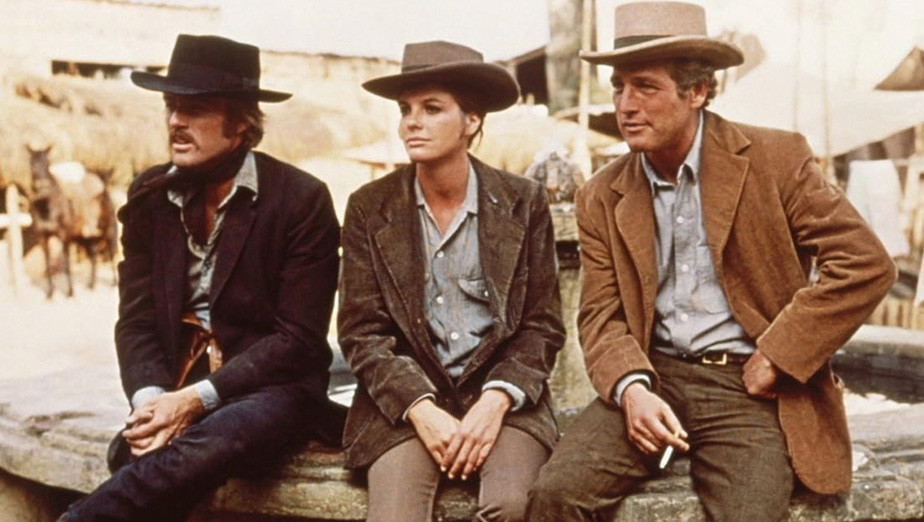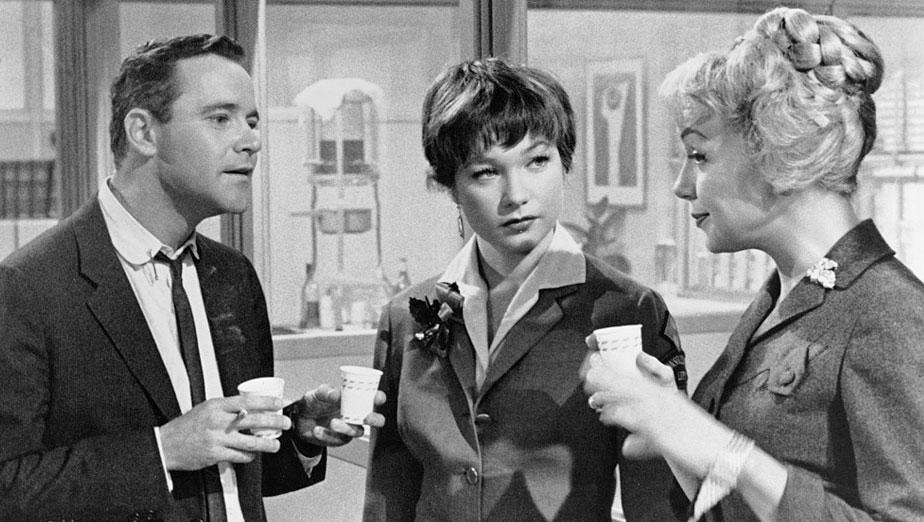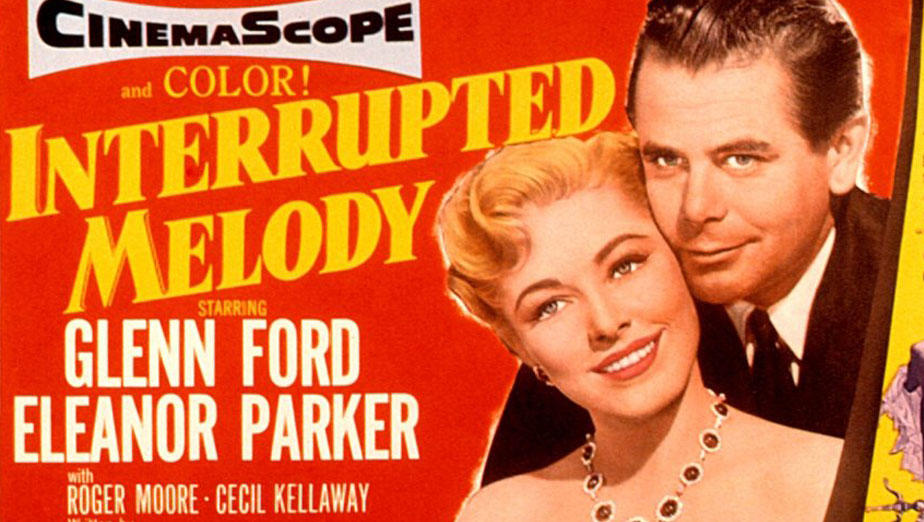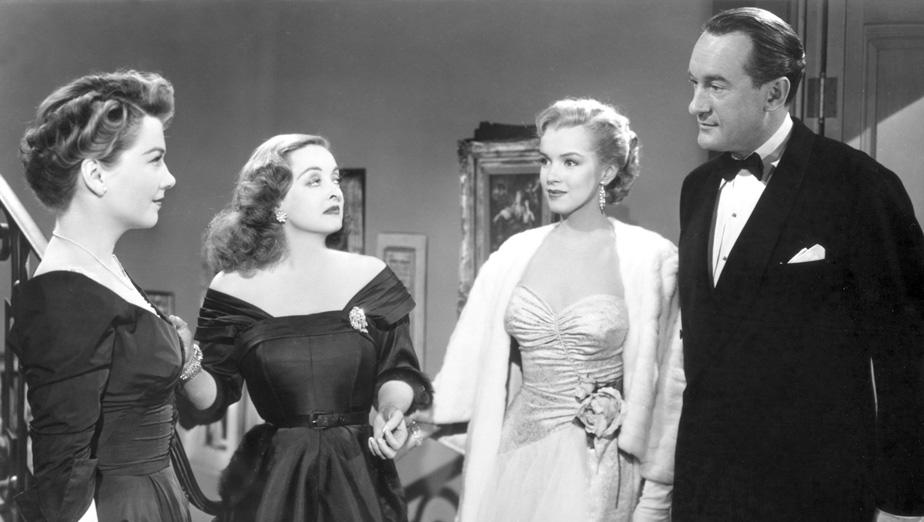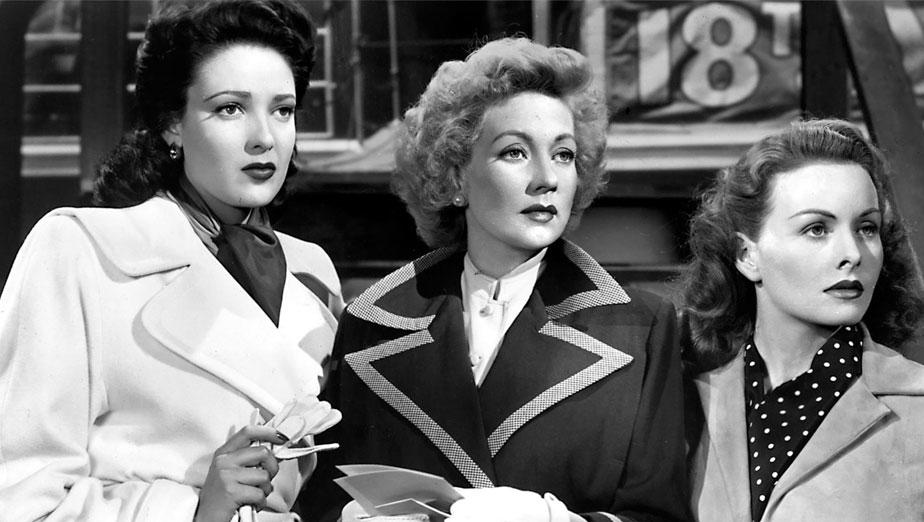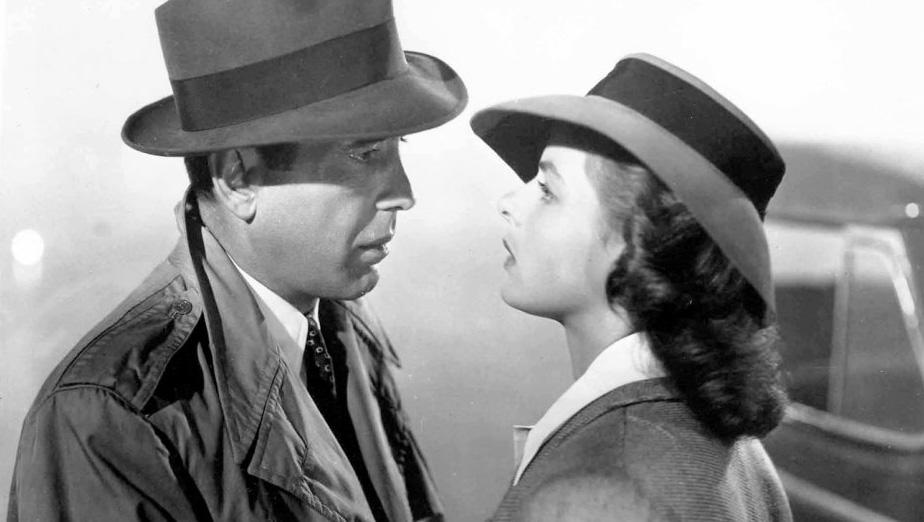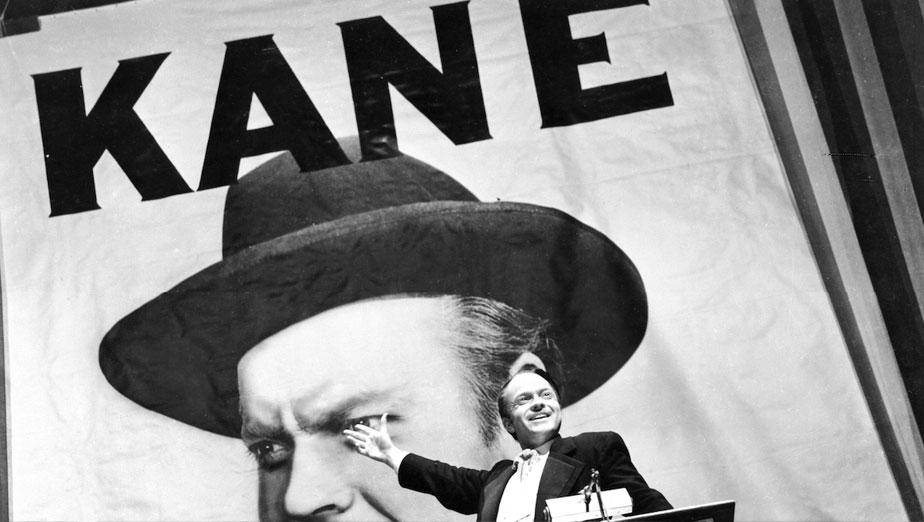From the Golden Age to Green Book, Columbians have been sweeping up statuettes for decades. Here are some of their notable Academy Award–winning movies that you can add to your streaming queue.
Green Book (2018)
Best Picture, Best Original Screenplay, Best Supporting Actor
Directed and cowritten by Peter Farrelly ’86SOA, this dramedy was inspired by the true story of African-American concert pianist Don Shirley; his white chauffeur, Frank Vallelonga; and their turbulent road trip through the Jim Crow–era South.
The Imitation Game (2014)
Best Adapted Screenplay
Graham Moore ’03CC wrote the award-winning screenplay for this moving biopic of Alan Turing, the English mathematician who helped crack Nazi codes during World War II.
Frozen (2013)
Best Animated Film
This family-friendly reboot of a Hans Christian Andersen fairy tale kicked off a massively profitable franchise. It also made screenwriter and codirector Jennifer Lee ’05SOA, today the chief creative officer of Walt Disney Animation Studios, the first woman to direct a movie earning more than $1 billion in box-office revenue.
The Hurt Locker (2009)
Best Picture, Best Director, Best Original Screenplay, Best Sound Mixing, Best Film Editing, Best Sound Editing
Kathryn Bigelow ’79SOA took home the highly coveted best-director Oscar for her film about an Iraq War bomb-disposal team. A decade later, she is still the only woman to have won this award.
Gods and Monsters (1998)
Best Adapted Screenplay
This historical drama written by Bill Condon ’76CC looks at the last days of James Whale, an openly gay English filmmaker who directed 1930s horror classics including Frankenstein and The Invisible Man.
Here Comes Mr. Jordan (1941)
Best Screenplay
Sidney Buchman 1923CC, a prolific screenwriter of old-Hollywood classics like Mr. Smith Goes to Washington, cowrote this Oscar-winning fantasy film about a boxer who is given a second chance at life after dying in a plane crash.
The Lunch Date (1989)
Best Live Action Short Film
Adam Davidson ’91SOA was an MFA student at Columbia’s School of the Arts when he made this twelve-minute black-and-white film set in the cafeteria at Grand Central Terminal. The short went on to win both an Oscar and the Short Film Palme d’Or at the 1990 Cannes Film Festival.
Amadeus (1984)
Best Picture, Best Director, Best Adapted Screenplay, Best Actor, Best Sound Mixing, Best Costume Design, Best Production Design, Best Makeup and Hairstyling
Based on the 1979 play by Peter Shaffer, this epic period drama from Czech filmmaker Miloš Forman ’15HON, the former chair of the Columbia School of the Arts film program, explores the intersections of art, genius, and immortality through the stories of rival classical composers Wolfgang Amadeus Mozart and Antonio Salieri.
Breaking Away (1979)
Best Original Screenplay
Steve Tesich ’67GSAS, a Serbian-American writer who earned a master’s degree in Russian literature at Columbia, penned the Oscar-winning screenplay for this coming-of-age comedy about four recent high-school graduates who take up bicycle racing.
All the President's Men (1976)
Best Adapted Screenplay, Best Supporting Actor, Best Art Direction, Best Sound
Novelist and screenwriter William Goldman ’56GSAS based his screenplay of All the President's Men, about the Watergate scandal and the fall of President Richard Nixon, on the 1974 book of the same name by investigative journalists Carl Bernstein and Bob Woodward.
One Flew Over the Cuckoo’s Nest (1975)
Best Picture, Best Director, Best Actor, Best Actress, Best Adapted Screenplay
Based on the iconoclastic 1962 novel by Beat writer Ken Kesey, this first Oscar-winning film from former Columbia faculty member Miloš Forman ’15HON, which starred Jack Nicholson as a rebellious patient in an oppressive mental institution, swept each of the “big five” awards at the 1976 Oscars.
Butch Cassidy and the Sundance Kid (1969)
Best Original Screenplay, Best Cinematography, Best Original Score, Best Song
This award-winning western, which was written by William Goldman '56GSAS, stars Paul Newman and Robert Redford as real-life outlaws Robert LeRoy Parker and Harry Longabaugh.
The Apartment (1960)
Best Picture, Best Director, Best Original Screenplay, Best Film Editing, Best Art Direction
Billy Wilder’s stark portrayal of workplace affairs and toxic office culture, cowritten by I. A. L. Diamond ’41CC, was shocking to some viewers in 1960, but the sleek dark comedy holds up extraordinarily well in a post–Mad Men #MeToo era. (Diamond, a frequent collaborator of Wilder’s, also cowrote the 1959 classic Some Like It Hot.)
Interrupted Melody (1955)
Best Story and Screenplay
Cowritten by William Ludwig ’32CC, ’34LAW, this Technicolor musical tells the real-life story of Marjorie Lawrence, a Wagnerian opera star from Australia who was tragically struck with polio while touring in Latin America in 1941.
All About Eve (1950)
Best Picture, Best Director, Best Supporting Actor, Best Adapted Screenplay, Best Sound Mixing, Best Costume Design
This lauded classic from Joseph L. Mankiewicz ’28CC about the competitive and backstabbing side of show business swept up fourteen Oscar nominations and six wins, while pushing forty-two-year-old Bette Davis — at the time a Hollywood has-been — back into the limelight.
A Letter to Three Wives (1949)
Best Director, Best Screenplay
By the time he made All About Eve, Joseph L. Mankiewicz ’28CC was already an Oscar winner. His 1949 romantic melodrama, which features a young Kirk Douglas, may be largely forgotten today, but it won the prolific filmmaker his first Academy Awards for directing and screenwriting.
Casablanca (1942)
Best Picture, Best Director, Best Adapted Screenplay
From “Here’s looking at you, kid” to “We’ll always have Paris,” this World War II romance starring Humphrey Bogart and Ingrid Bergman contains some of the most famous film lines ever uttered. Some credit is due to cowriter Howard Koch ’25LAW, a Columbia Law School graduate who authored several Hollywood screenplays before he was blacklisted in 1951 by the House Un-American Activities Committee.
Citizen Kane (1941)
Best Original Screenplay
Herman J. Mankiewicz 1917CC, older brother of Joseph, cowrote this Orson Welles classic about the rise and fall of a William Randolph Hearst–like media mogul. The film, which was plagued by controversy and poor box-office receipts at the time of its release, is now ranked the greatest American movie of all time by the American Film Institute.
This article was originally published in February 2020. It was last updated in January 2024.

